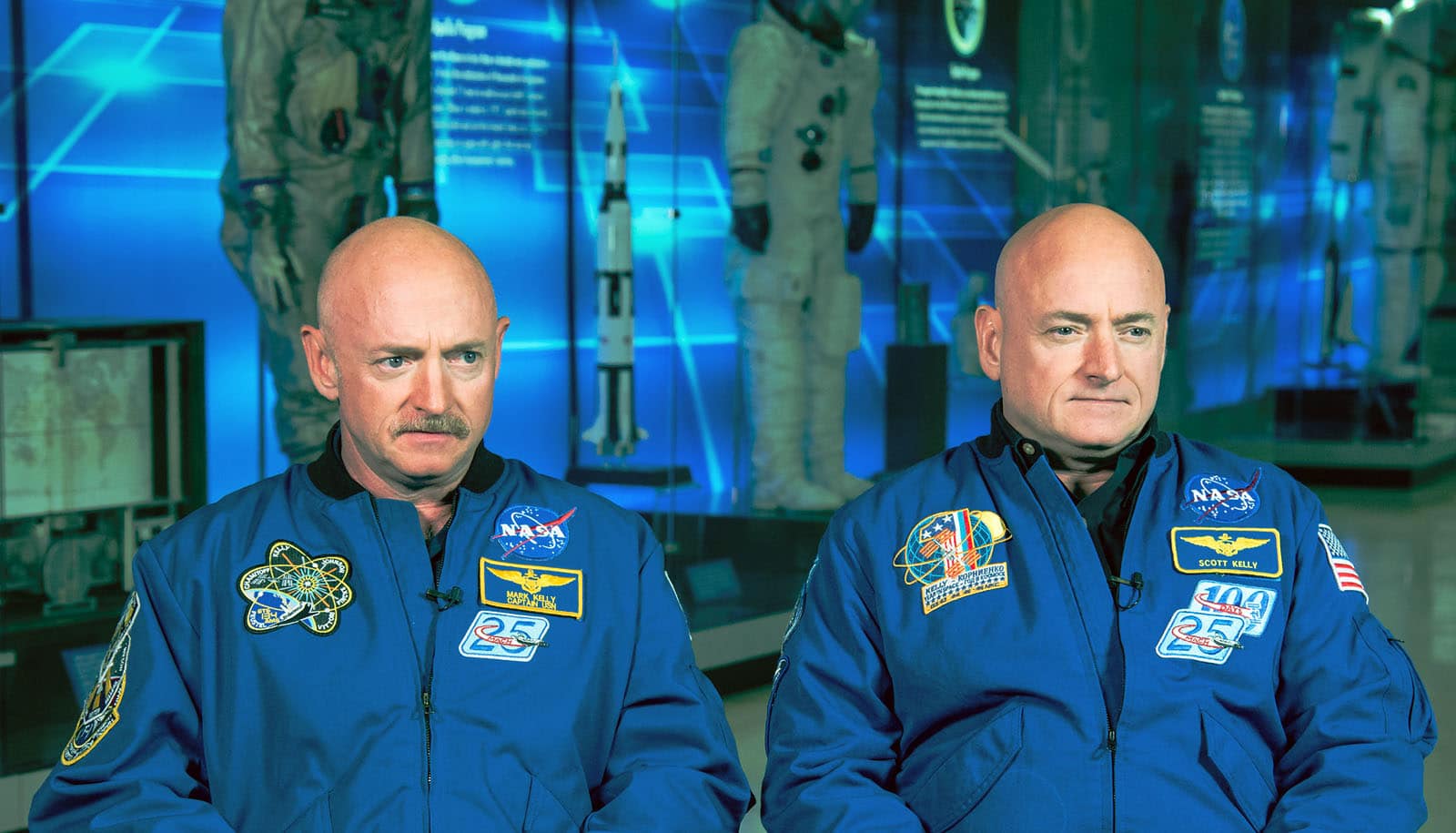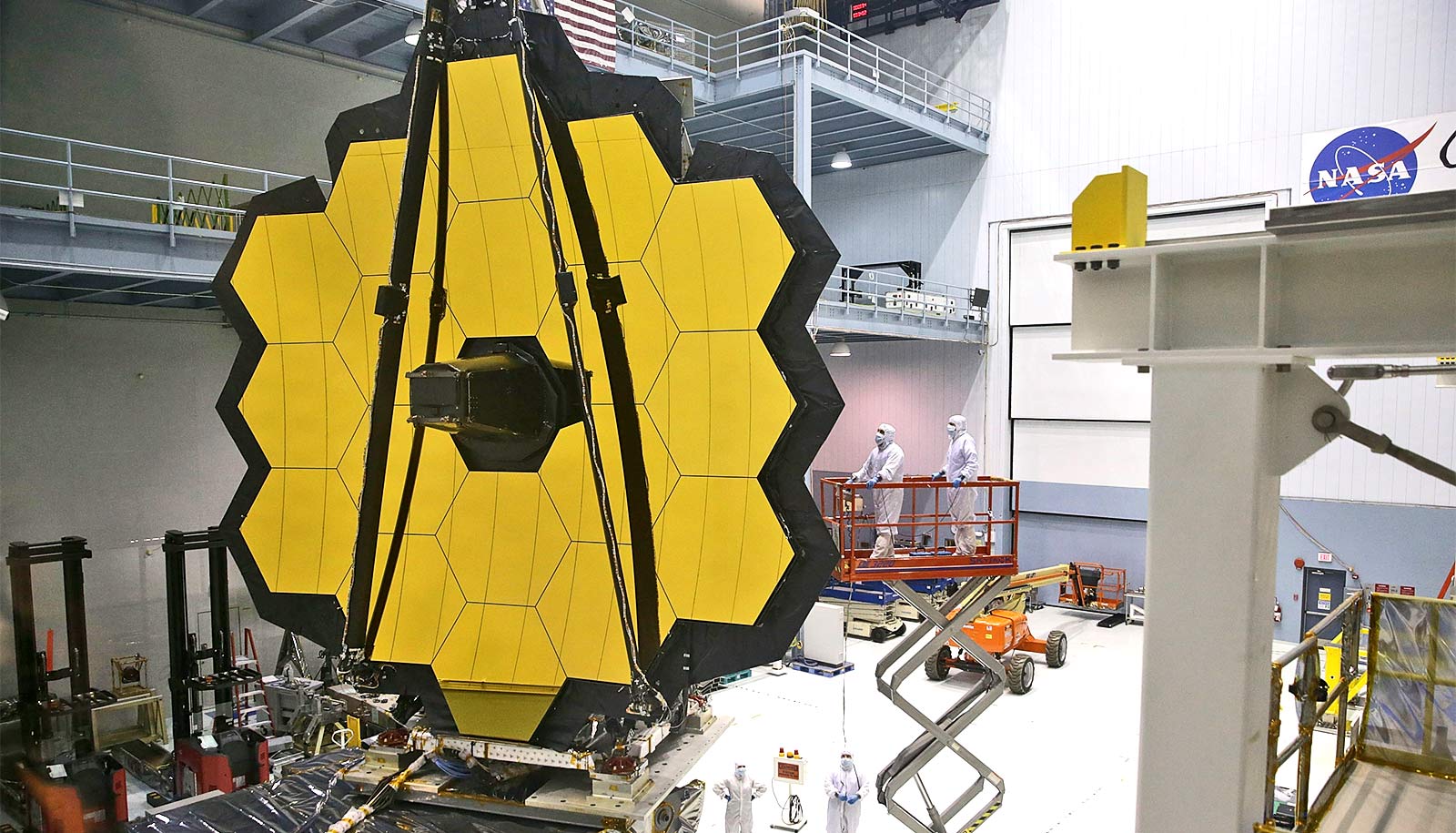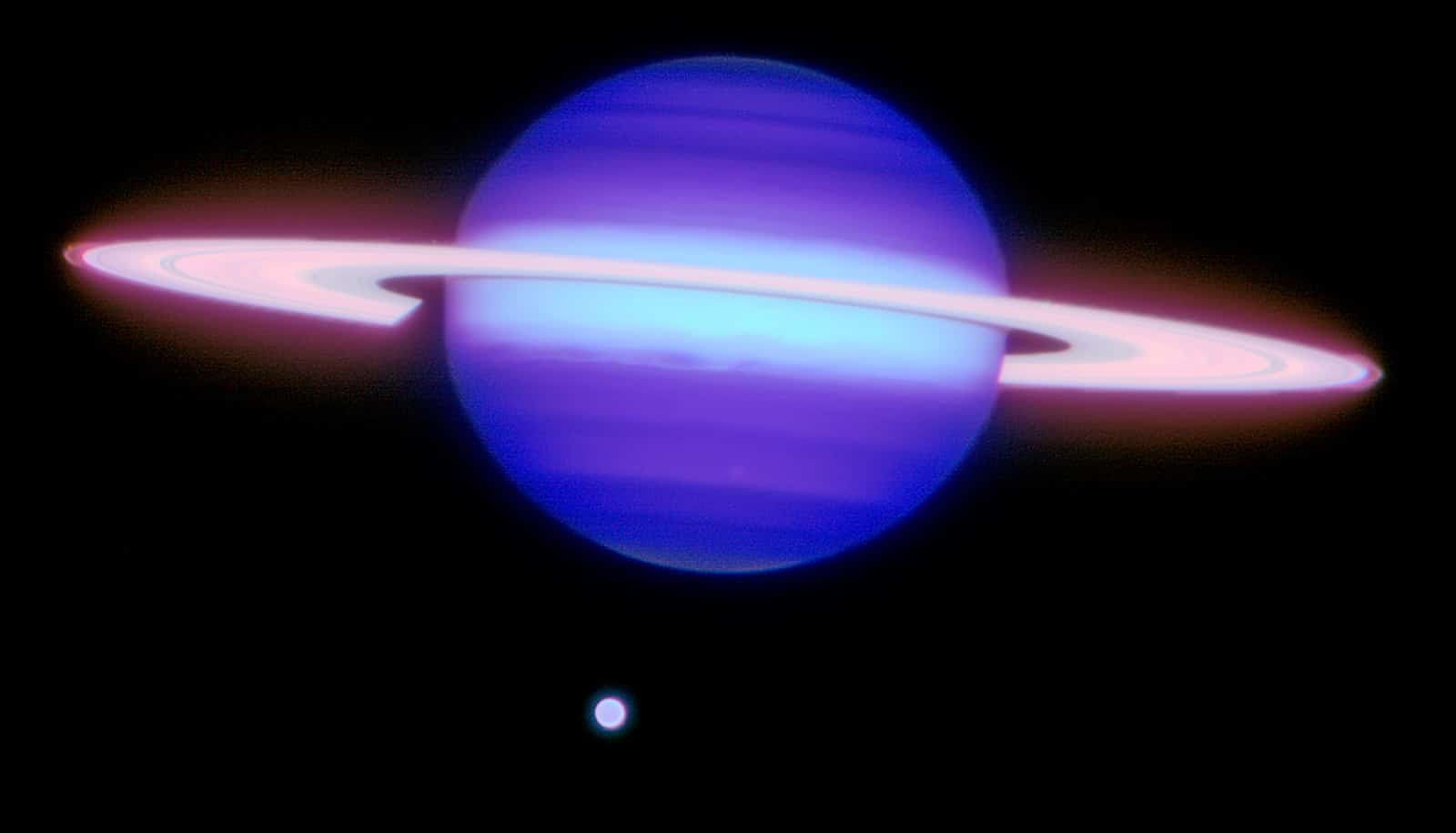Researchers studying the gut microbes of Scott and Mark Kelly, NASA astronauts and identical twin brothers, have found that spaceflight causes changes, but it’s not clear what the changes mean.
The research is one of 10 NASA-funded projects studying the Kelly twins to learn how living in space for a long period of time—such as a mission to Mars—affects the human body. While Scott spent nearly a year in space, his brother, Mark, remained on Earth, as a ground-based control.
“We don’t know what it is about spaceflight that is driving the changes in gut microbes.”
“We are seeing changes associated with spaceflight, and they go away upon return to Earth,” says Fred W. Turek, professor of biology at Northwestern University and co-leader of the study.
“It’s early in our analysis, so we don’t know yet what these changes mean,” adds Martha H. Vitaterna, research associate professor of neurobiology. “We don’t know what it is about spaceflight that is driving the changes in gut microbes.”
“We will be working closely with the other Twins Study teams to piece together a more complete picture of the effects of long space missions,” Turek says. “What we learn will help us safeguard the health of astronauts, and it will also help us improve human health on Earth.”
Astronauts’ brains change shape in space
Turke reported the preliminary research results at NASA’s Human Research Program’s annual Investigators’ Workshop, held recently in Galveston, Texas. This was the first meeting of the 10 Twins Study teams, which are looking at different aspects of the twins’ physiology.
The Northwestern study compares the effect of living at zero gravity for a year on a human’s gut microbiota—the “bugs” found naturally in the gastrointestinal tract (GI) to aid digestion—with the normal fluctuations in these populations over the same time period in an on-Earth identical twin.
Among the key findings:
- There was a shift in the balance between the two dominant groups of bacteria (Firmicutes and Bacteroidetes) in Scott Kelly’s GI tract when he was in space. The balance returned to pre-flight levels when he returned to Earth.
- Fluctuations in the same bacterial groups were seen in Mark Kelly, the control twin on Earth, but the fluctuations were not as great as those seen in Scott Kelly in space.
- Differences in the viral, bacterial and fungal populations between Scott Kelly and Mark Kelly were pronounced at all time points; however, this was expected when comparing different individuals, even identical twins.
- The surprise finding was that a change in diversity of gut microbes (the number of different species) was not observed in Scott Kelly while in space.
The researchers cautioned that the findings are preliminary and that they have not had a chance to dig deeply to figure out what the data mean.
“This will happen in the coming months when we look at our findings in the context of what the other teams are finding,” Vitaterna says. “Right now, we do not see anything alarming or scary—the Kelly twins seem to have healthy gut microbiomes.”
Researchers from Rush University Medical School and the University of Illinois at Chicago are coauthors of the work.
Source: Northwestern University



